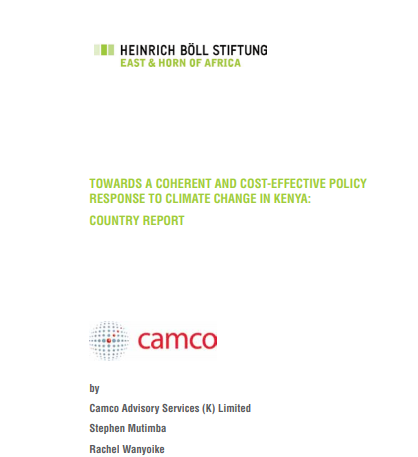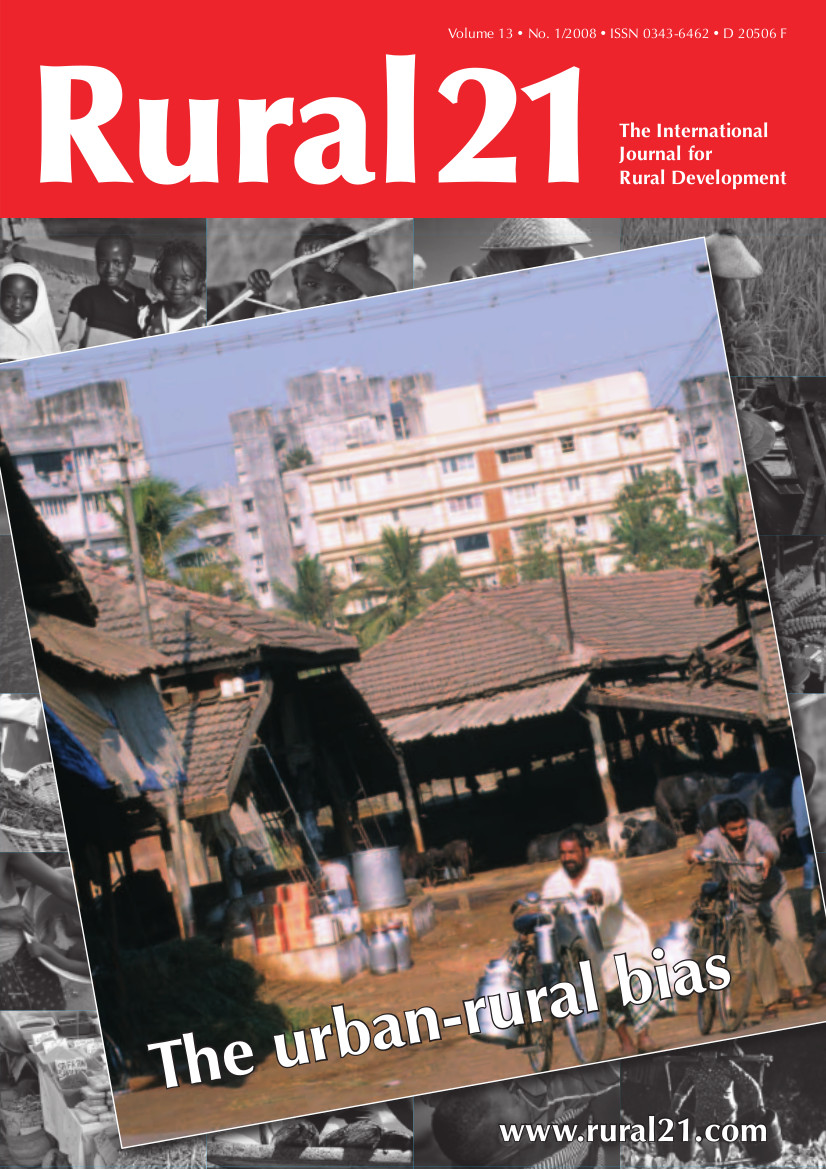The Heinrich Böll Foundation
- is a catalyst for green visions and projects, a
- think tank for policy reform, and an international network
- is closely affiliated to the German Green Party
- promotes the development of democratic civil society at home and abroad
- defends equal rights and equal opportunities regardless of gender, sexual orientation,
- religion, ethnicity, or nationality
- supports cultural projects as part of our civic education programmes
- assists gifted, socially and politically active students and graduates in Germany and abroad
- co-operates with state foundations in all of the 16 German states
- is mostly financed through public funds (currently around 45 million euros per year)
The primary objectives guiding our work are
- establishing democracy and human rights
- fighting against environmental degradation
- safeguarding everyone’s rights of social participation
- supporting non-violent conflict resolution
- defending the rights of individuals
Members:
Resources
Displaying 6 - 9 of 9The insatiable hunger for cheap meat
If the current trend in global meat demand persists, meat production will need to rise from 300 million tons today to 470 million tons by 2050. Climate and our natural resources would lose out, our author warns.
TOWARDS A COHERENT AND COST-EFFECTIVE POLICY RESPONSE TO CLIMATE CHANGE IN KENYA: COUNTRY REPORT
Kenya has been integrating climate considerations into various legal and governance instruments for some time. Notably, there has been progress made in planning and implementing policies, projects and programs in key economic sectors in order to align Kenya with the international community’s approach to reducing greenhouse gas emissions and promote climate resilience.
Land Grabbing in Africa and the New Politics of Food
This paper explores the phenomenon of land grabbing in Africa, including the key drivers and policy responses.
Social Business Enterprises: new markets - new ways out of poverty?
Four billion people who live on less than two US dollars per day represent in total an enormous purchasing power. Multinational corporations such as Nestlé, Unilever, Danone and Dr. Oetker discovered these markets long ago and now seek to attract this customer group with new products and marketing strategies. It is time to take a close look at the effects of this development on poverty





